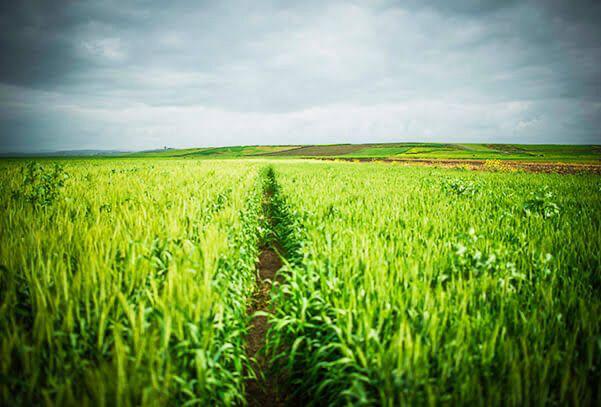Challenges of eco-agriculture in Africa: Navigating sustainable solutions

By George George Idowu
Eco-agriculture, which integrates agricultural practices with environmental conservation, holds promise for sustainable development in Africa.
However, the implementation of eco-agricultural practices faces numerous challenges across the continent.
Many African farmers operate on small-scale farms with limited access to resources such as quality seeds, fertilizers, and irrigation systems. The financial constraints hinder their ability to invest in eco-friendly technologies and practices, such as organic farming and integrated pest management.
Eco-agriculture requires knowledge and skills that are often lacking among African farmers. Many are unaware of sustainable practices and their long-term benefits. There is a need for extensive education and training programs to equip farmers with the necessary skills and knowledge to adopt eco-agricultural methods effectively.
Poor infrastructure is another challenge, which includes inadequate roads, storage facilities, and market access, poses significant challenges. Without proper infrastructure, it is difficult for farmers to transport their produce efficiently, leading to post-harvest losses and reduced economic returns, which discourages investment in eco-agriculture. This is very peculiar with Nigeria.
Africa is highly vulnerable to climate change, which exacerbates the challenges of eco-agriculture. Unpredictable weather patterns, droughts, and floods can devastate crops and soil health.
Additionally, environmental degradation, such as deforestation and soil erosion, further compromises the sustainability of agricultural practices.
Supportive policies and institutional frameworks are crucial for promoting eco-agriculture.
However, many African countries lack coherent policies that incentivize sustainable farming practices. Additionally, bureaucratic hurdles and corruption can impede the implementation of eco-agricultural initiatives.
Eco-agriculture often involves the production of organic or sustainably grown products, which require access to niche markets that can pay premium prices.
Many African farmers struggle to reach these markets due to a lack of certification, marketing skills, and connections. Ensuring fair trade and market access is essential for the viability of eco-agriculture.
Traditional farming practices are deeply ingrained in many African communities. Shifting to eco-agriculture requires changes in mindset and practices, which can be met with resistance. Engaging communities and demonstrating the benefits of sustainable practices are vital for overcoming these cultural barriers.
Investing in eco-agriculture can be costly, and many African farmers lack access to credit and financial services. Microfinance institutions and government programs need to provide affordable financing options tailored to the needs of small-scale farmers to encourage the adoption of sustainable practices.
There is a need for localized research and development to tailor eco-agricultural practices to specific African contexts. Investment in research institutions and collaboration between governments, NGOs, and the private sector are essential for developing innovative and context-specific solutions.
Eco-agriculture offers a pathway to sustainable development in Africa, but its implementation faces numerous challenges. Addressing these challenges requires a multi-faceted approach involving education, infrastructure development, supportive policies, financial access, and community engagement.
With concerted efforts, Africa can overcome these barriers and unlock the potential of eco-agriculture to enhance food security, preserve the environment, and improve livelihoods across the continent.
